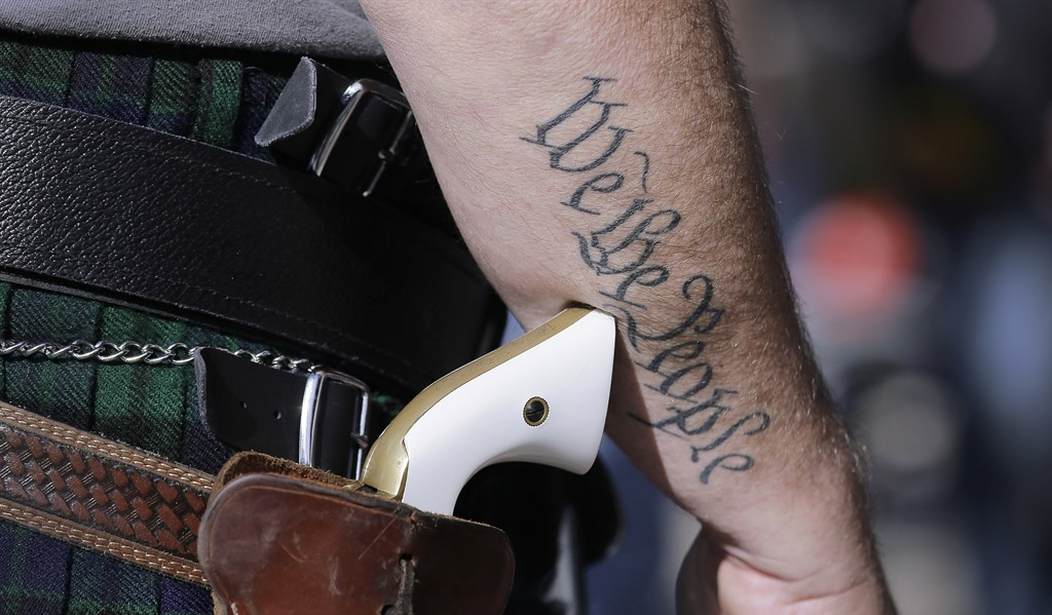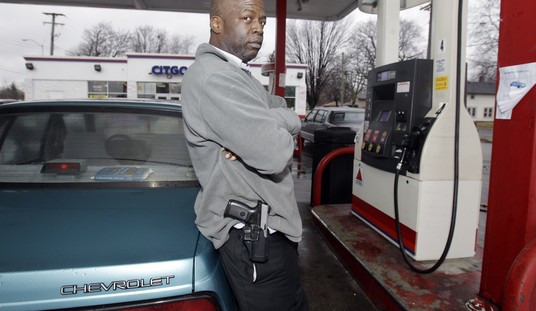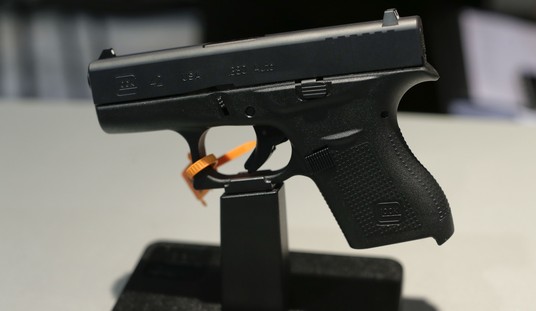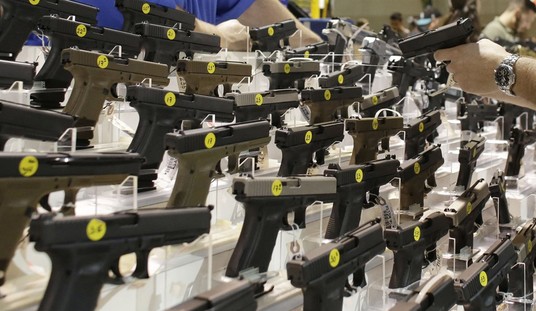We’re still several months away from the Supreme Court hearing oral arguments in New York State Rifle & Pistol Association v. Corlett, but Republicans in the House of Representatives are giving the justices some summer reading on the case with a new amicus brief arguing that the state’s subjective and discriminatory carry laws should be scrapped.
New York Rep. Claudia Tenney and 167 of her colleagues are expected to sign on to the brief, according to remarks from the congresswoman on Tuesday.
Among the members of Congress who signed the amicus brief are seven of the eight House Republicans in New York – Reps. John Katko, Elise Stefanik, Tom Reed, Chris Jacobs, Andrew Garbarino, Lee Zeldin and Tenney.
Tenney, R-New Hartford, detailed the legal challenge at an event today at Ilion Village Hall in Herkimer County. Ilion is home to a Remington Arms factory that employed 700 people until its owner declared bankruptcy last year.
The New York gun law prohibits concealed-carry licenses unless people can show “proper cause” demonstrating they have a good reason to be issued a permit. Gun rights advocates say the law makes it almost impossible for law-abiding citizens to obtain concealed-carry permits.
The amicus brief is still a work in progress, apparently, though Tenney says that it will be filed with the Supreme Court by the end of July. The Post-Standard newspaper was able to take a look at a 15-page draft of the brief, however, and summarized some of the arguments made by GOP House members.
The GOP members of Congress claim that New York’s Sullivan Law, passed in 1911, was originally “motivated by animus” against a marginalized group in society – recent immigrants from Europe.
“For many years New York has gotten away with barring all but a privileged few of its citizens from exercising their right to keep and bear arms outside the home, and this case presents a chance to right that Constitutional wrong,” the legal brief states.
Tenney said she thought it was important for members of Congress to weigh in on the issue with the Supreme Court.
“This congressional brief sends a clear message that our Constitutional rights are not up for negotiation,” she said.
Among those who signed the legal brief are the top three House Republicans – House Minority Leader Kevin McCarthy, Minority Whip Steve Scalise and Stefanik, the GOP conference chair, according to a list provided by Tenney’s office.
The GOP is right about the history of the Sullivan Law, though the original impetus for the gun control law was the murder of an upper class New Yorker back in 1911. As Michael Walsh detailed in the New York Post back in 2012, “Big Tim” Sullivan, the boss of the Tammany Hall Democratic political machine quickly seized on the murder as a way to target gangs and immigrants.
This was the heyday of the pre-Prohibition gangs, roving bands of violent toughs who terrorized ethnic neighborhoods and often fought pitched battles with police. In 1903, the Battle of Rivington Street pitted a Jewish gang, the Eastmans, against the Italian Five Pointers. When the cops showed up, the two underworld armies joined forces and blasted away, resulting in three deaths and scores of injuries. The public was clamoring for action against the gangs.
Problem was the gangs worked for Tammany. The Democratic machine used them as shtarkers (sluggers), enforcing discipline at the polls and intimidating the opposition. Gang leaders like Monk Eastman were even employed as informal “sheriffs,” keeping their turf under Tammany control.
The Tammany Tiger needed to rein in the gangs without completely crippling them. Enter Big Tim with the perfect solution: Ostensibly disarm the gangs — and ordinary citizens, too — while still keeping them on the streets.
In fact, he gave the game away during the debate on the bill, which flew through Albany: “I want to make it so the young thugs in my district will get three years for carrying dangerous weapons instead of getting a sentence in the electric chair a year from now.”
Sullivan knew the gangs would flout the law, but appearances were more important than results. Young toughs took to sewing the pockets of their coats shut, so that cops couldn’t plant firearms on them, and many gangsters stashed their weapons inside their girlfriends’ “bird cages” — wire-mesh fashion contraptions around which women would wind their hair.
Ordinary citizens, on the other hand, were disarmed, which solved another problem: Gangsters had been bitterly complaining to Tammany that their victims sometimes shot back at them.
So gang violence didn’t drop under the Sullivan Act — and really took off after the passage of Prohibition in 1920. Spectacular gangland rubouts — like the 1932 machine-gunning of “Mad Dog” Coll in a drugstore phone booth on 23rd Street — became the norm.
Here we are 110 years later and criminals are still carrying and using guns illegally, while the average citizen has to demonstrate that they have some sort of special need to carry a firearm before they can obtain a license in New York State. The Supreme Court now has the opportunity to restore the Second Amendment rights of New Yorkers and other Americans living under similar “may-issue” laws, and it’s good to see so many Republicans coming together to urge SCOTUS to strike down the state’s unconstitutional restrictions on the right to bear arms.









